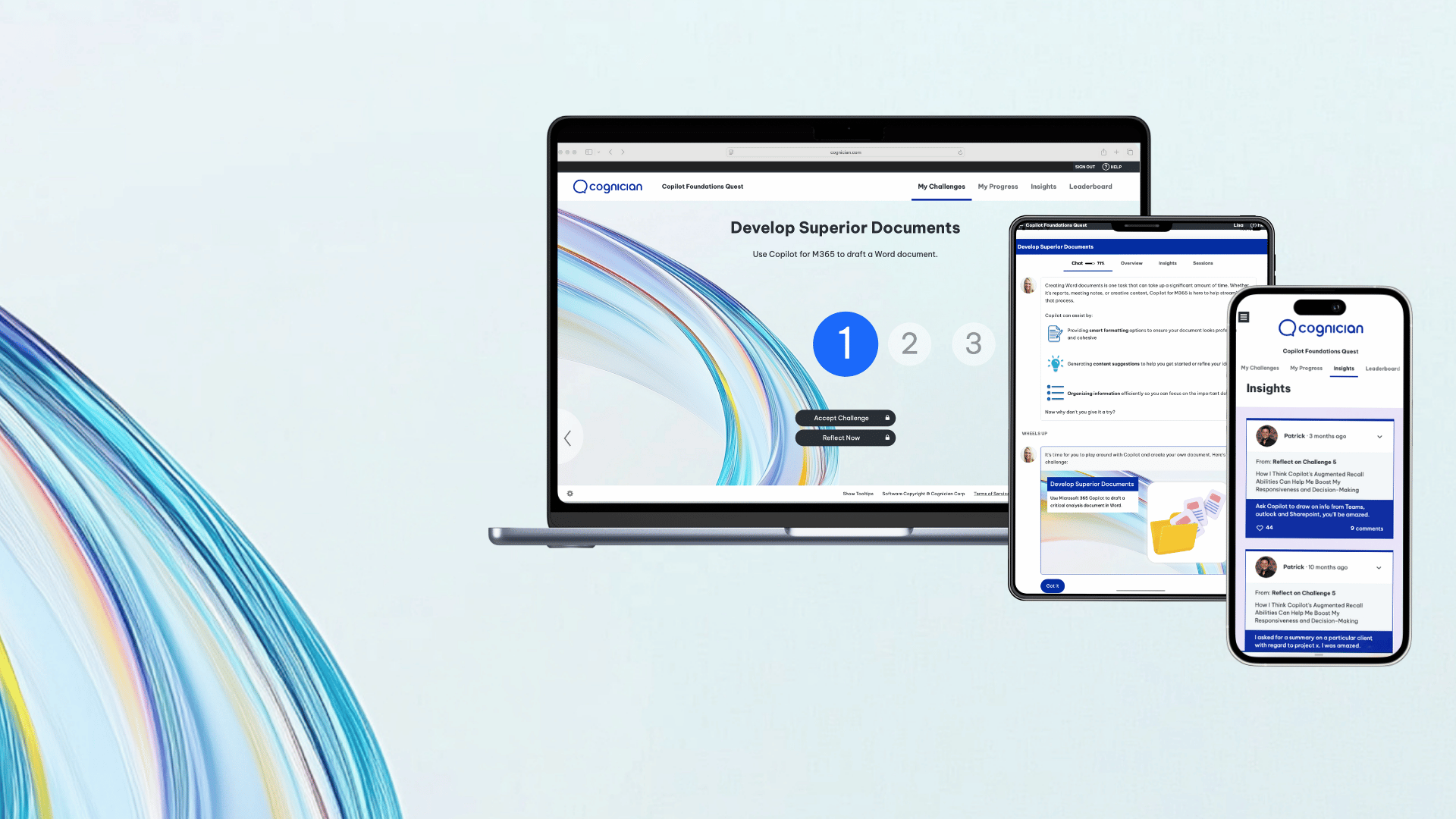Last week I had the honour of introducing our Transformation Tactics cards to a group of delegates on KPMG’s C-Suite Leadership Programme. John Waterfield from KPMG asked me to share a few stories about leading change in difficult environments. I looked up the delegates who all hold senior leadership positions in some of the best-known companies and government agencies in the UK. They all lead change in difficult environments. But not as fraught as some of the contexts in which Barry and I did some of our early work. I suspect that hearing these stories helps leaders gain some perspective. So they might realise just how capable they are of activating change in their organisations if they use the right tactics.
We gathered in an intimate setting at the beautiful Heckfield Place in Hampshire, just outside London. And I shared a story from a project we did in South Africa in the mid-2000s. Back then we worked on the problem of changing the mindsets of young South Africans through a programme called The Ten Commitments. The context was HIV infections. And the problem was that many young people viewed their situation as hopeless. If they genuinely believed they’d be dead by 24, what was the point in doing anything to change that? When you think like that, your actions follow suit. So you drive too fast, you have promiscuous sex and take lots of drugs. You take the actions of a fatalist. But we championed a different point of view. What if those young people could make some simple commitments? Like the commitment to loving life? Or the commitment to being real? Or the commitment to being independent? When you make these commitments your actions also follow suit, but they look very different. They look like the actions of a mover! And by making small moves, consistently over time, you can act your way into a new way of thinking. Then you may no longer see your situation as hopeless. Rather, you can begin to see your world as a place of opportunity in which your actions can make a difference.
So how did we come up with this approach? And what makes it compelling to this day?
The answer becomes clearer when you look at the problem to solve through the lens of our activation framework. Each of the eight catalysts for change in our framework helps you think of ways to earn the attention of your target audience. That way you can tap into their personal motivation to change. And the Transformation Tactics cards bring these to life with ways to apply behavioural tactics to your change problems. In the case of The Ten Commitments we leveraged the catalysts of Meaning, Action and Commitment. And we used our Transformation Tactics to help our programme participants:
- gain more self awareness;
- create plans for meaningful action; and
- reinforce their commitment to new ways of looking at the world and taking action in it.
Back to the present and to the C-suite leaders at Heckfield Place… Having set the scene with a story of difficult social change, I segued into corporate transformation. I shared how the principles we used for large-scale social change are the same principles we use today with our clients. Then I challenged the leaders to think of areas in which they would like to activate change in their organisations. As always I was struck by how quickly they were able to reframe some of the challenges they were dealing with as activation problems. That is, they found it easy to identify where their organisations would benefit if they could activate certain behaviours. From there it was a short hop to identifying Transformation Tactics cards to generate ideas for how to activate those behaviours.
And therein lies the magic. Leaders often know exactly what they’d like their people to do. They’re just not sure how to get them to do it. With the Transformation Tactics cards you have eight catalysts for change and 48 tactics that point the way. So you’re ready to navigate the path to change with clear directions at every turn.
Thank you to all the delegates on the programme for allowing me to share our ideas with you. And thanks to John Waterfield for inviting me to do so. I wish you all the very best on your leadership and transformation journeys! And I hope you find the cards a useful guide as you activate the behaviours your organisations need to succeed.



.png)

